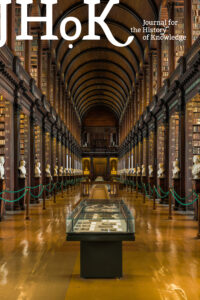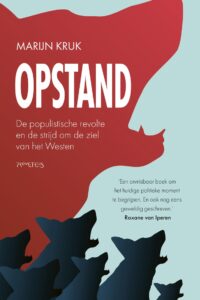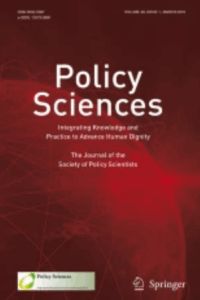This paper analyzes how the founding figure of German agricultural science grappled with the traditional hierarchies of knowledge undergirding the eighteenth-century agricultural improvement debates. By tracing the ways in which physical labor and farm management shaped Albert Thaer’s doctrine of rational agriculture, I look at his position through the lens of a labor history of science. A close examination of the legitimizing strategies that Thaer deployed in order to counter persistent cultural taboos will highlight the role of conceptual work in pushing the bounds of legitimate scholarly practice. The paper concludes by arguing that changes in the relationship between scientific identity and manual labor form a transformative element in the history of science that can also be considered a criterion of discontinuity between its configurations before and after 1800.
Elevated to the ranks of a science
Manual labor and Albert Thaer’s doctrine of rational agriculture



